
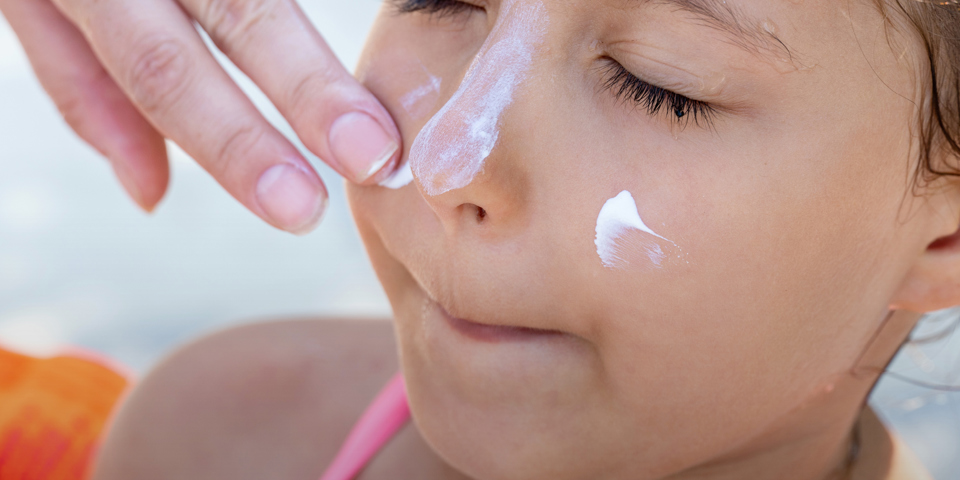
Regularly apply sunscreen
Use a sunscreen with an SPF of 30+ and re-apply every two hours to avoid painful sunburn. Seek shade during peak sun hours (usually around midday).

Mental health
Longer days can disrupt sleep patterns, and the pressure to enjoy "perfect" summer weather can contribute to anxiety or depression. Maintain regular sleep routines, find healthy ways to manage stress, and don't be afraid to seek help if you're struggling.
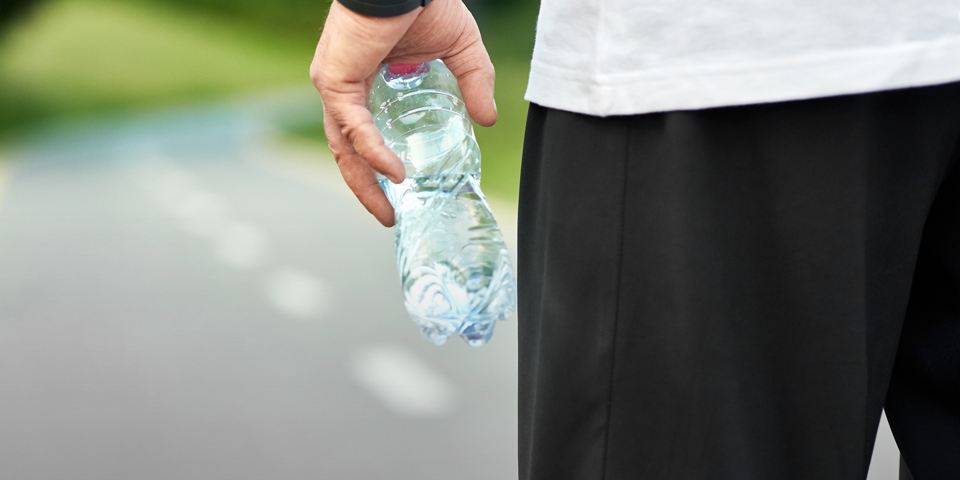
Drink plenty of water
Drink plenty of water and avoid overdoing sugary, caffeinated, and alcoholic drinks. Avoid strenuous activity during the hottest part of the day, and wear loose, breathable clothing. Hot weather can lead to heatstroke, heat exhaustion and dehydration, especially for vulnerable people like young children or older adults.
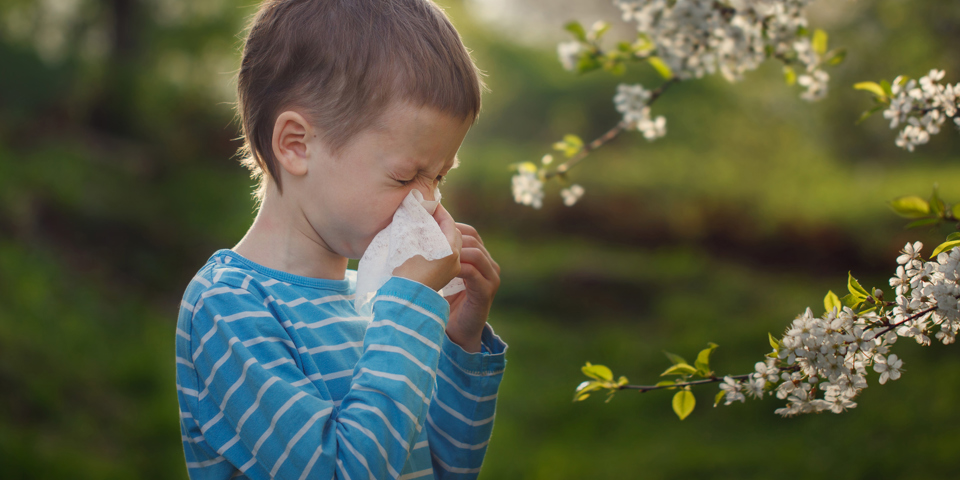
Keep on top of allergies
Keep on top of allergy or hay fever medications. This summer has been particularly challenging for people with hay fever. Antihistamines and nasal sprays can make a big difference.
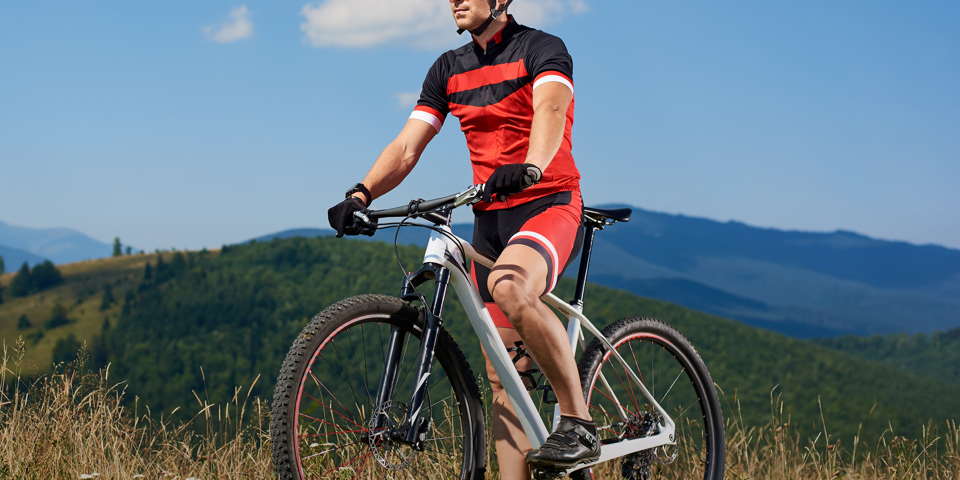
Wear appropriate safety gear during activities
Wear appropriate attire and safety gear during activities like cycling, hiking and water activities.
Swimming is a great way to cool down in hot weather. But make sure you do it safely. It's best to go to a properly supervised site with lifeguards, like a beach, lido or swimming pool.

Thoroughly cook food and don’t leave it out in heat
Warmer temperatures can increase the growth of bacteria in food, leading to food poisoning. Be mindful of food safety practices, such as proper storage and preparation, particularly when eating outdoors at barbecues or picnics. Guidance on food safety is available online at Food Standards Scotland.
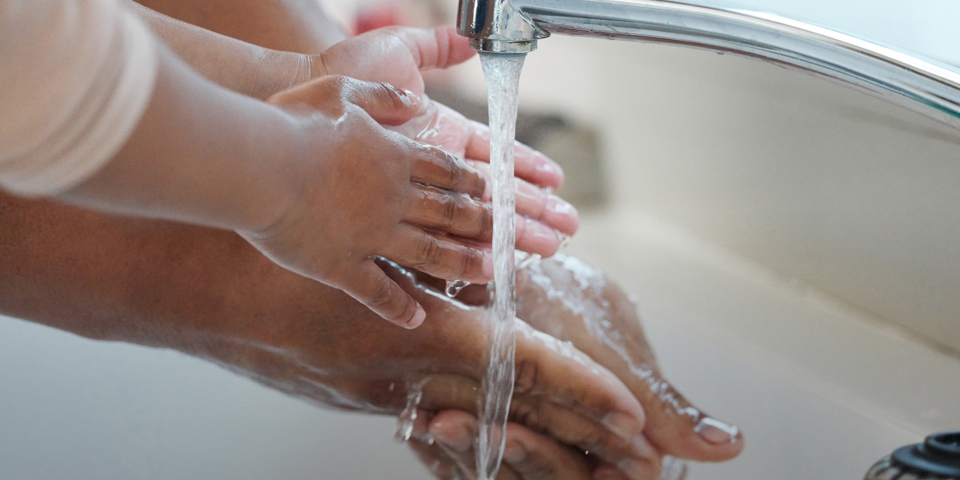
Wash your hands regularly
Regular handwashing with hot water and soap helps keep germs and viruses at bay, reducing your chances of picking up illnesses. If you’re on a day out to a farm or a zoo, avoid the potential for contracting a stomach bug by not eating near the animals or puttting your face too close to them.
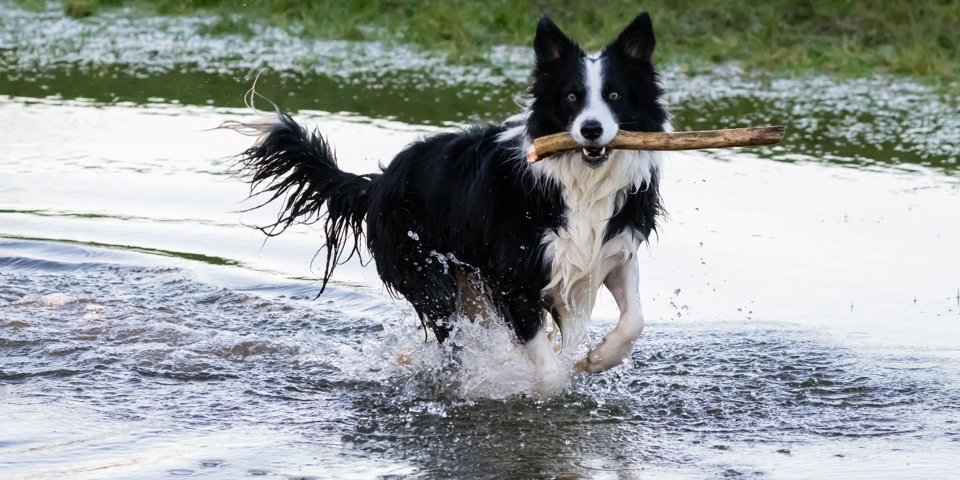
Waterborne illness
People and animals can be affected because of contact with contaminated water sources. Look out for blooms of potentially hazardous blue-green algae and avoid swimming in stagnant water and drinking untreated water from natural sources. While less common, there is also a slight risk of contracting illnesses like Legionnaires' disease or Giardia from contaminated water sources.

Travel vaccination
If you’re travelling overseas, some countries need you to be vaccinated before you visit. NHS Fife provides free vaccines against some of the diseases that pose the greatest risk to public health if they were brought back into the country. To find out what you may need, visit:
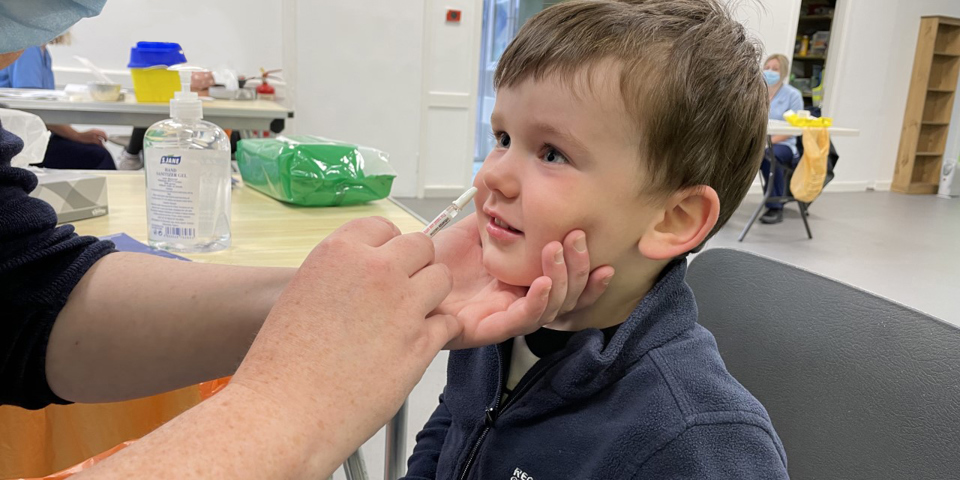
Childhood vaccination
During the school summer holidays, take the opportunity to make sure your children are up to date with their vaccinations. Vaccination is often the best way to protect against viruses and preventable disease, such as MMR and whooping cough. For more information on childhood immunisation, visit: Children's immunisation | NHS Fife
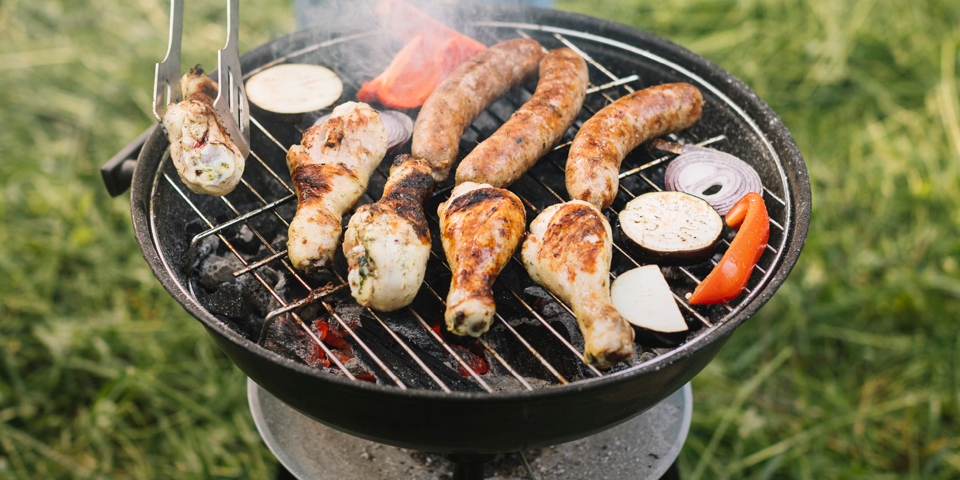
Be careful around flames
Use caution when dealing with flammable liquids, open flames, campfires and even barbeques.
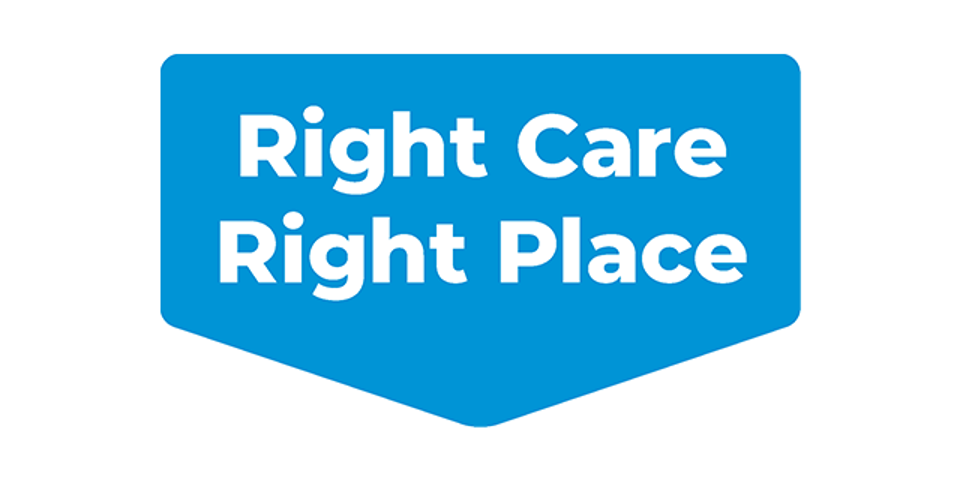
You may not need to attend A&E if you are unwell.
Find out where you should turn to with Right Care, Right Place